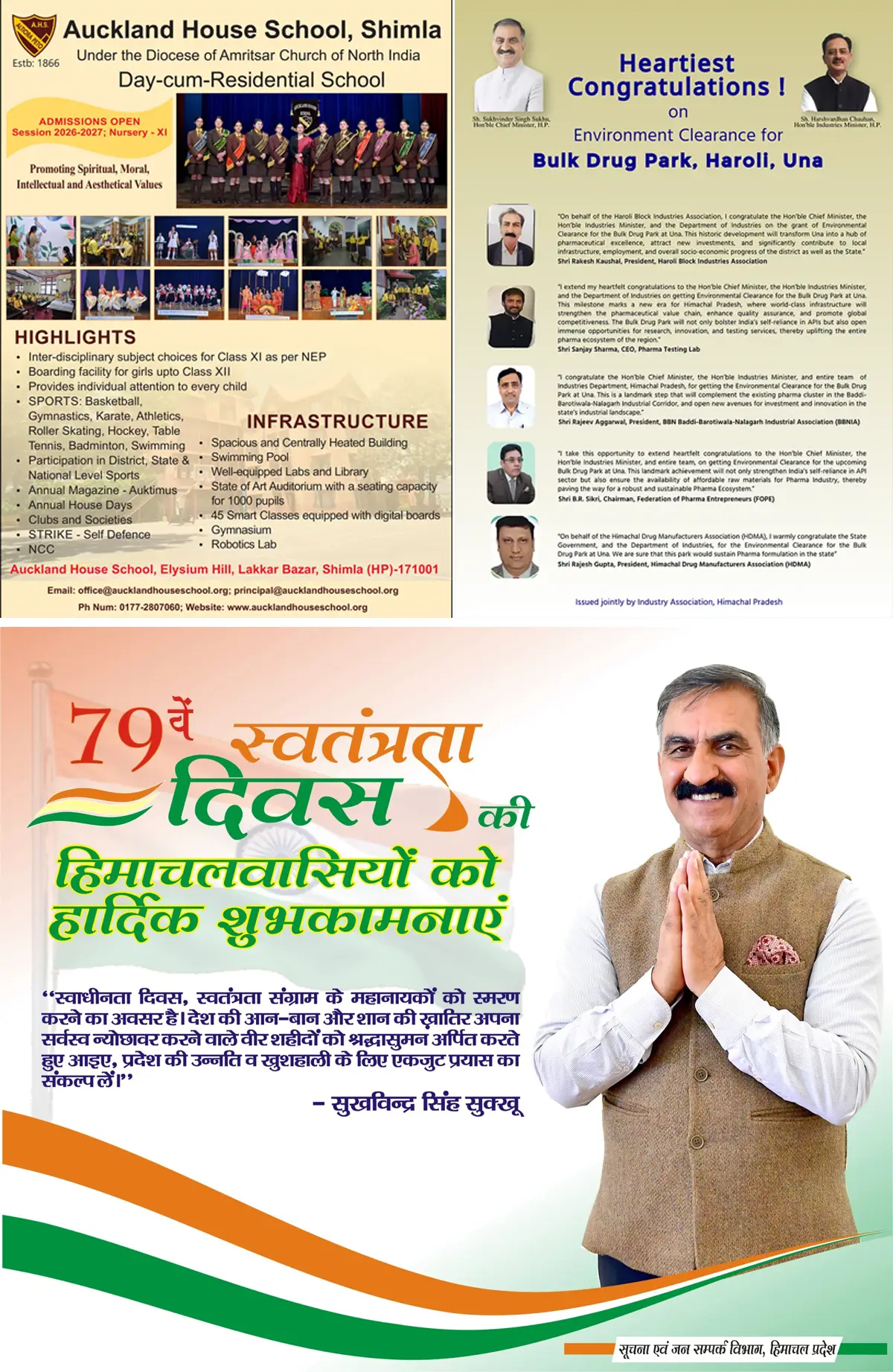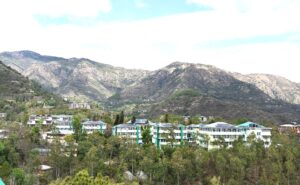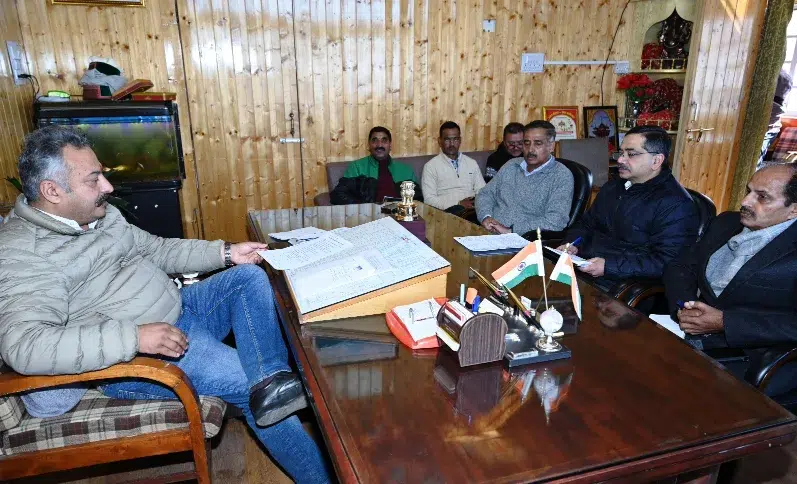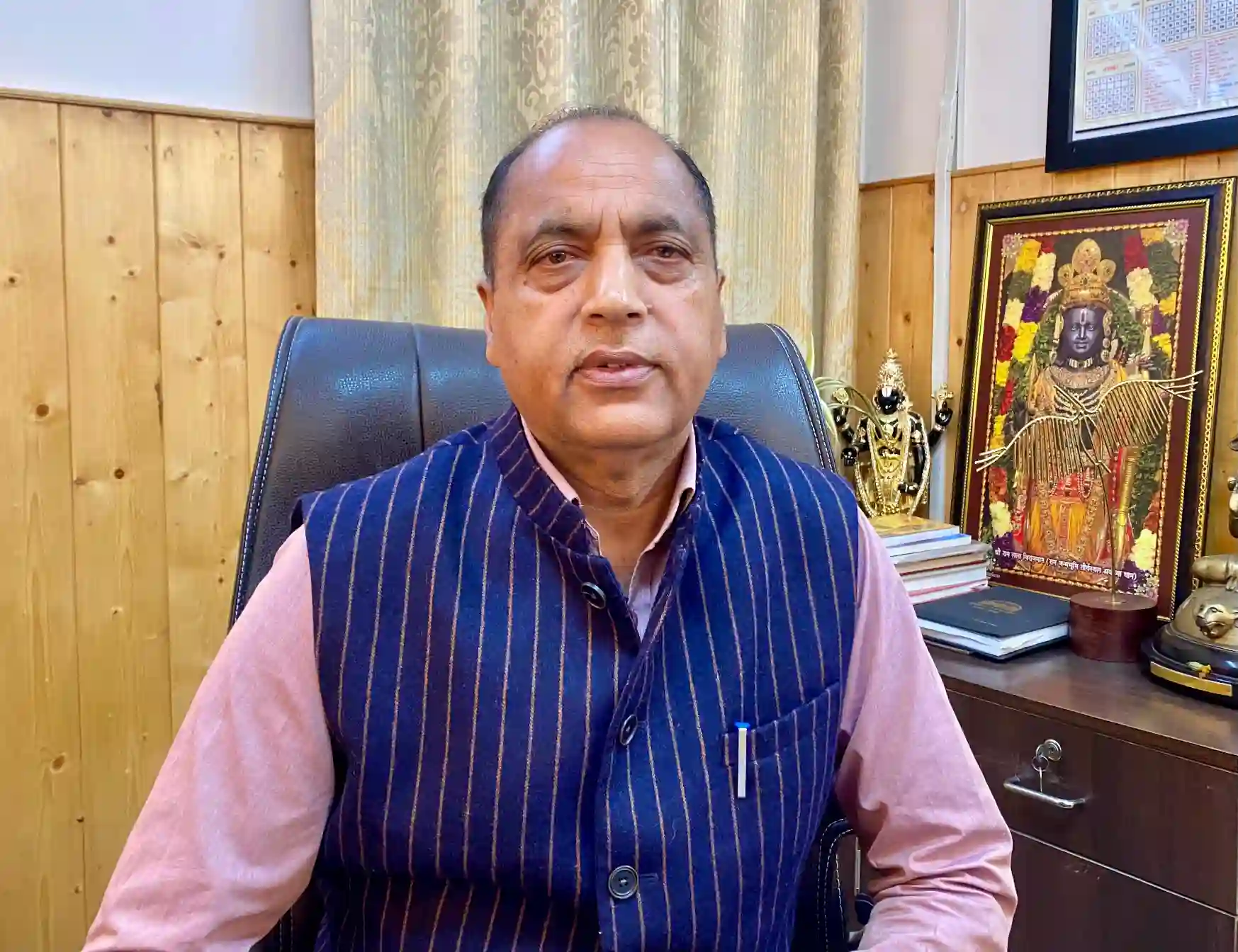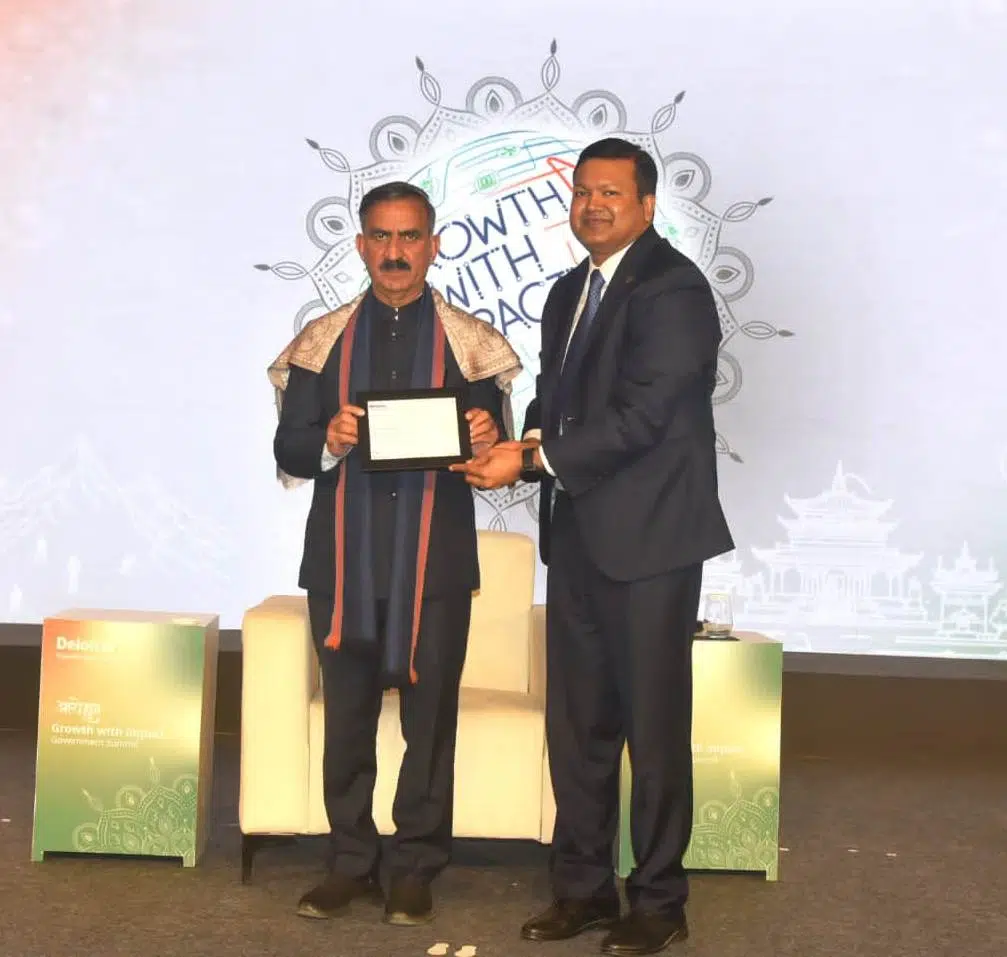Governor emphasizes role of translation in preserving cultural unity
2 min read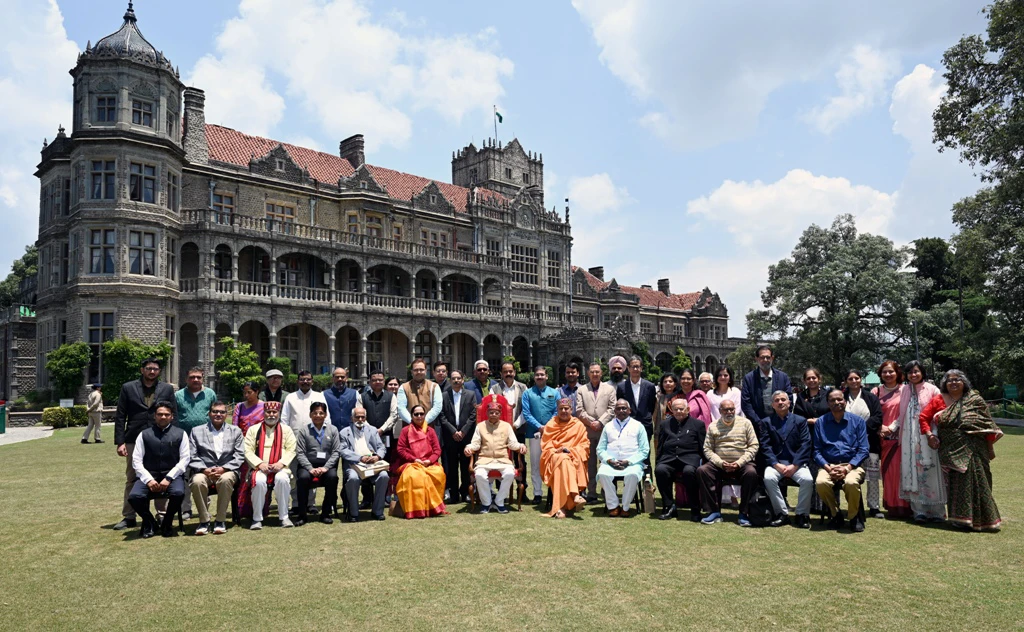
Shimla June 05
Governor Shiv Pratap Shukla today inaugurated a two-day national seminar on the theme “Problems of Translation between Indian Languages: A Case Study of the Translation of Tulsidasa’s Ramcharitmanas in South Indian Languages” at the Indian Institute of Advanced Study (IIAS), Shimla.
In his inaugural address, the Governor underscored the importance of a unified script in promoting linguistic understanding, stating that if all Indian languages were written in the Devanagari script, mutual comprehension would become significantly easier. He also highlighted the rich multilingual fabric of India. He said that despite the linguistic diversity, the spirit of unity in diversity defines the strength of our country.
Describing the seminar’s theme as not just a linguistic concern but a symbol of India’s cultural cohesion and national consciousness, the Governor said that translation serves as a vital bridge for communication among the hundreds of languages and dialects spoken in India. He said that the preservation and transmission of India’s spiritual heritage to future generations is primarily possible through translation.
Referring to Goswami Tulsidas’s Ramcharitmanas, the Governor called it a seminal text that forms the bedrock of North Indian cultural identity. He lauded the work as a creative retelling of both Valmiki’s Ramayana and Adhyatma Ramayana, and described it as a global epic, transcending religious and cultural boundaries. “It is heartening to see even the fiercest critics from other religions stand in awe of Tulsidas’s poetic genius,” he remarked.
The Governor said that although the southern languages of India such as Tamil, Telugu, Kannada and Malayalam have their own Ramayana traditions, the Ramcharitmanas has left a lasting impact in the region. He appreciated the seminar’s focus on a comparative and critical analysis of the translations of this epic in South Indian languages. He said that translating a work like Ramcharitmanas, rich in sound and emotion, is not merely a linguistic exercise but a cultural rebirth.
Highlighting a key challenge in the translation process, Shri Shukla pointed out the difficulty in translating from the Awadhi language, the original language of Ramcharitmanas, which differs significantly from standard Hindi.


